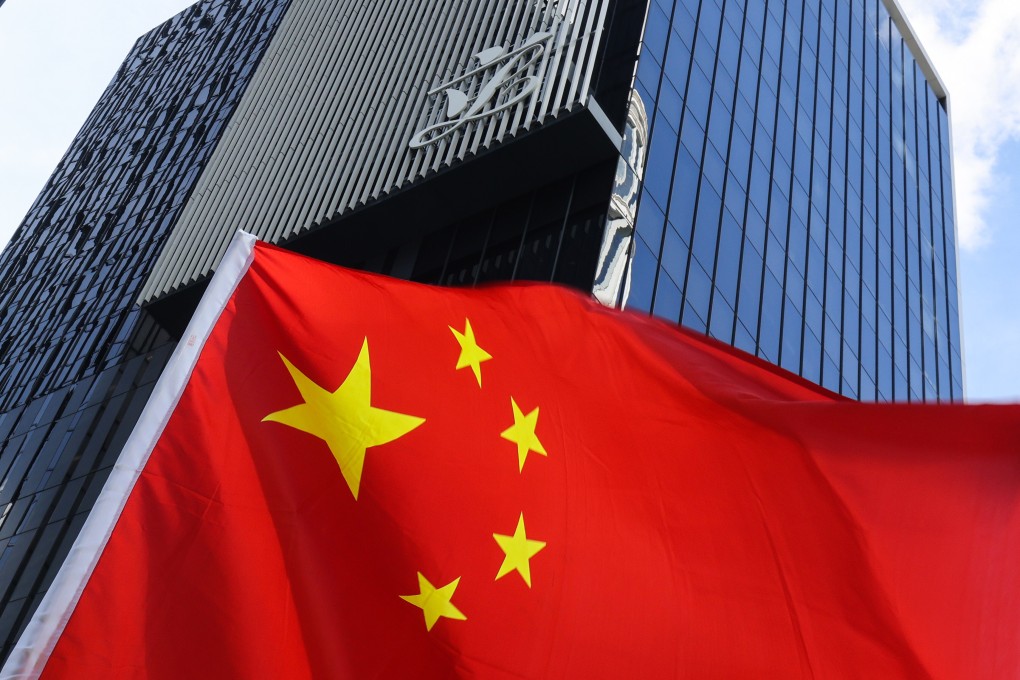Advertisement
Opinion | Why Hong Kong’s era of patriots is a reset for all political parties, not just the opposition
- The district councillors facing the consequences of new oath-taking legislation are not alone
- The pro-establishment camp is also struggling to remain relevant because, in the new political ecosystem, the centre of power has shifted to the Election Committee
Reading Time:3 minutes
Why you can trust SCMP
6

The word on the street is that at least 150 district councillors could be disqualified as early as next month when they are vetted under the new oath-taking rule.
The Hong Kong government seems geared up for action. It appears to have compiled a list of past conduct that would constitute violation of the oath: those who ran in the unofficial primary ahead of the Legislative Council election that was to be held last year, or signed a statement promising to vote down the government’s budget, seem to be sitting ducks. Some have already been arrested while others have called it quits – or even skipped town.
This is not only going to be a blow to whatever remains of this city’s opposition, but also the communities left without representation. The impact of this political existential crisis will be felt far beyond the opposition camp.
Advertisement
The government, for quite some time now, has been talking about requiring district councillors to take an oath of allegiance to the Basic Law. This is not required by the Basic Law but by the national security law. Yet, it is obvious that the government is in no hurry to hold by-elections to fill the resulting vacancies.
Months ago, when district councillors started pre-empting the oath-taking requirement by quitting, the government said it had more pressing priorities – like the upcoming three elections for the Election Committee, the Legislative Council and the chief executive, under drastically different arrangements in an electoral overhaul ordered by Beijing – than district council by-elections.
Advertisement
Advertisement
Select Voice
Choose your listening speed
Get through articles 2x faster
1.25x
250 WPM
Slow
Average
Fast
1.25x

